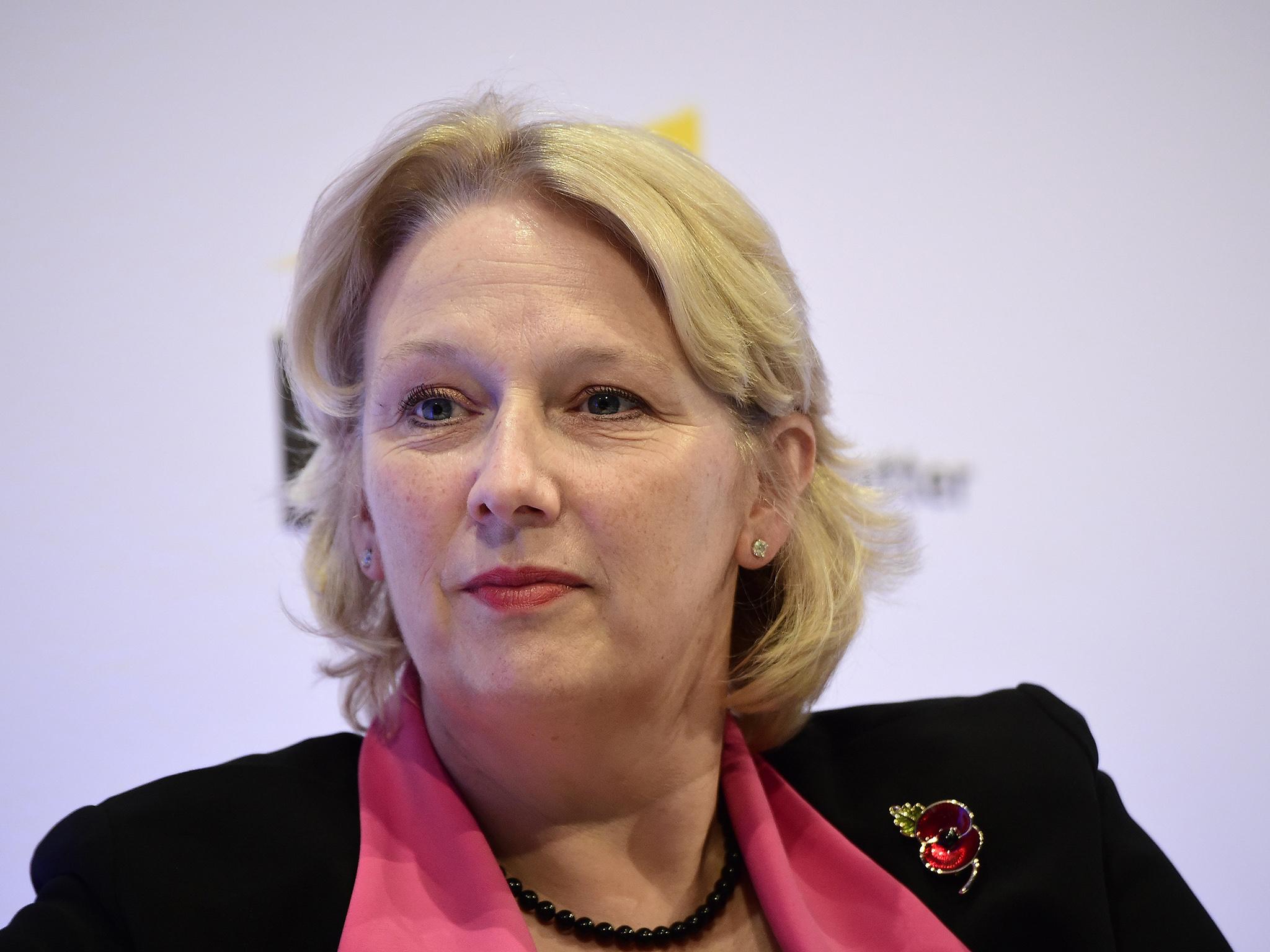Virgin Money: Can Sir Richard Branson's bank do better by small businesses?
As the Royal Bank of Scotland GRG scandal shows, this is an industry sector ripe for disrpution

If there is an industry sector ripe for a disrupter to come in shake things up, it's small business banking.
Can Sir Richard Branson’s Virgin Money, which has just re-heated plans to move in on the big four banks' turf, do the job?
When Sir Richard first launched an attack on financial services, he targeted the life and long term savings industry.
In the mid 1990s it was fat, complacent, and lazy, relying on a suite of over priced, poor value products that didn't serve the consumer at all well. Commissions were sky high, mis-selling a regular occurrence.
Virgin entered that milieu with a low cost FTSE 100 index tracker fund, accessible through a tax free Pep, with a pension and term life insurance added later. It marketed them aggressively, and had its rivals spitting tacks and scrambling for arguments against its approach that just weren't there.
Virgin wasn’t solely responsible for changing the industry out of all recognition (such products are now commonplace) but it played an important role.
Can it do the same thing with business banking?
It’s very rare to find a situation quite like that which existed in the British life industry when Virgin launched.
Still, you only need to spend a few minutes reading the revelations about the treatment of struggling small businesses by Royal Bank of Scotland’s “Global Restructuring Group” to see that something is rotten in Denmark.
That, of course, is an out and out scandal. More commonplace are complaints from small buisinesses about shabby service, and high handed, supercilious treatment.
This isn’t a situation where you can put together a small number of simple products, marry them to some skilful marketing, and shake up an industry by doing it.
It is one where that needs a bank that is committed to offering a high quality service, a little understanding, and a bit of goodwill. In other words, it needs a bank that is willing to do the little things well, with perhaps a bit of innovation here and there.
When I asked Virgin Money for its elevator pitch, thinking that I might hear something like that, I was in for a disappointment. It was all a big vague. What I got was a quote saying 'we've done some research, and small businesses like Sir Richard Branson'.
Not quite what I expected, certainly not what I'd got used to from Virgin Direct all those years ago. It actually came as something of a surprise given that Virgin Money's boss Jayne Anne-Gadhia, who once worked for RBS by the way, usually gives the impression that she's sharp as a tack and has a plan.
But it's early days, and given the way the big four have conducted themselves in this sector, her business wouldn't have to raise its game all that much to create a winner.
Join our commenting forum
Join thought-provoking conversations, follow other Independent readers and see their replies
Comments
Bookmark popover
Removed from bookmarks